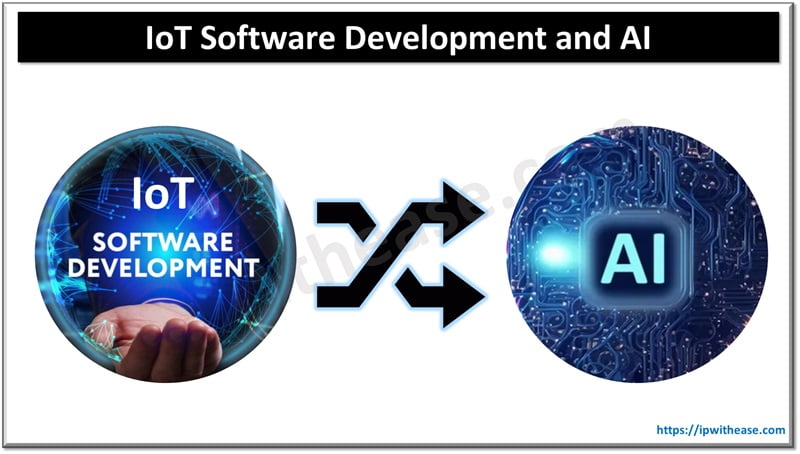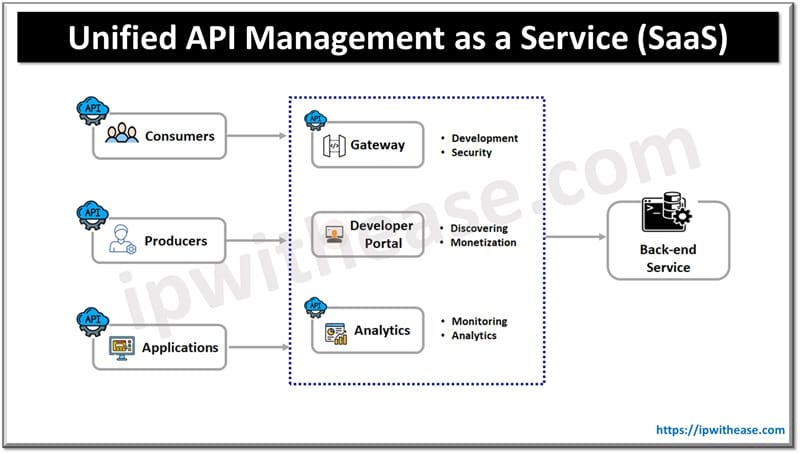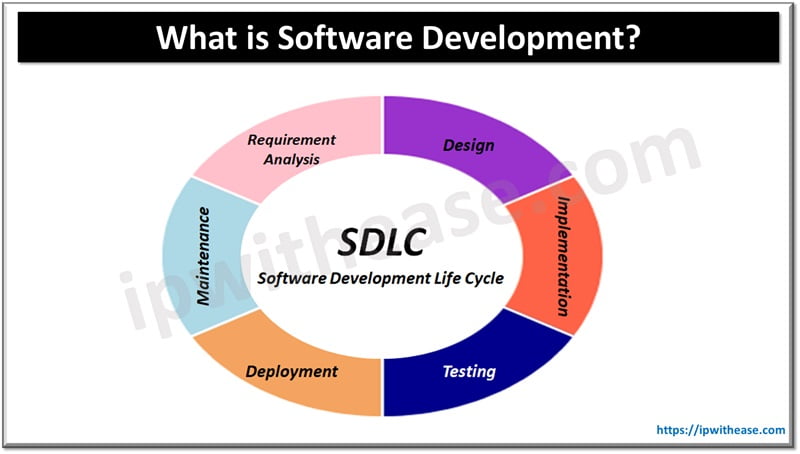Table of Contents
Explore how an IoT software development company leverages AI to enhance their solutions and services.
In a world where technology is advancing at lightning speed, IoT software development companies are always seeking innovative ways to stay ahead of the curve. I recently spoke with a friend who works at an IoT startup about how they transformed their entire product line by incorporating AI and how it propelled their company to new heights of success, almost overnight.
This discussion got me thinking about the myriad ways that AI is revolutionizing the IoT landscape, offering unparalleled levels of efficiency, automation, and intelligence. It’s like giving the IoT ecosystem a brain that can think, learn, and make decisions, ultimately creating smarter, more responsive solutions.
By integrating AI into their software products, companies aren’t just keeping up with the trends—they’re redefining them. Let’s dive into how this transformative technology is revolutionizing the industry and what it means for the next wave of IoT innovations.

The Role of AI in IoT Software Development
AI is a driving force behind the innovative new IoT software we see on the market today. One major application of AI is its ability to enable devices and systems to perform intelligent tasks and make informed decisions. Imagine a smart home system that not only adjusts the thermostat based on your preferences but also predicts when you’ll be home and optimizes energy usage accordingly.
These advanced capabilities are made possible through AI algorithms and machine learning techniques, which allow IoT software to analyze vast amounts of data collected from sensors, devices, and other sources in real-time. This enables
- predictive analytics,
- anomaly detection, and
- the optimization of various IoT processes,
ensuring that systems run smoothly and efficiently.
Consumer products aren’t the only things being transformed through AI and IoT software. One striking example is predictive maintenance for industrial equipment. By continuously analyzing data from machinery, AI can predict when a part is likely to fail and alert maintenance teams before a breakdown occurs, minimizing downtime and saving costs.
AI also enables IoT systems to learn from past experiences and continuously improve their performance over time, offering benefits that go beyond mere automation. This dynamic capability allows for more sophisticated and adaptive systems. Ultimately, the synergy between AI and IoT creates smarter, more responsive technologies that enhance our daily lives and drive innovation across industries. This integration is paving the way for a future where technology seamlessly anticipates and meets our needs.
Related: What is an IoT Platform: A Comprehensive Guide
Benefits of Integrating AI into IoT Development
The integration of AI into products has opened up a vast array of new capabilities that benefit everyone, from casual consumers to large-scale industrial companies.
- AI-powered IoT solutions allow users to streamline operations by automating routine tasks. In a business setting, this automation frees up employees to concentrate on more strategic and complex responsibilities, allowing teams to focus on advancing technology and enhancing overall efficiency. By removing the burden of repetitive tasks, AI enables companies to drive progress and achieve greater success.
- AI algorithms can sift through vast datasets to uncover valuable insights and patterns that might otherwise go unnoticed. This capability allows businesses to make more informed, data-driven decisions. For instance, in a retail environment, AI can analyze customer purchasing behaviors to predict trends and optimize inventory management, leading to better stock availability and reduced waste. In industrial settings, AI-driven analytics can identify inefficiencies in production lines, enabling targeted improvements and cost savings.
- AI also enhances the predictive capabilities of IoT systems. By leveraging historical data and real-time information, AI can forecast potential issues before they arise. For example, in the realm of smart agriculture, AI can predict weather patterns and soil conditions to optimize irrigation schedules and crop management. This allows farmers to make proactive adjustments, improving crop yields and reducing resource waste.
- AI’s ability to continuously learn and adapt means that these predictive models become more accurate over time, leading to increasingly reliable and efficient operations.
- Integrating AI into IoT solutions strengthens system security. AI-driven security features can detect and respond to threats in real-time, identifying unusual patterns or anomalies that might indicate a security breach. For example, in a smart home setting, AI can monitor network traffic and device behavior to prevent unauthorized access or cyberattacks. This proactive approach to security ensures that IoT systems remain robust and resilient, safeguarding both data and operational integrity.
Challenges of AI Implementation in IoT Software Development
While the potential benefits of integrating AI into IoT development are substantial, IoT software development companies encounter several challenges in implementing these advanced technologies.
Adequate Data Availability
One of the primary hurdles is the availability and quality of data available. AI algorithms rely on large volumes of high-quality data to train and function effectively and, in some cases, gathering the necessary amount of data can be difficult, especially in new or niche applications where historical data is limited or non-existent. Without sufficient data, AI models may struggle to make accurate predictions or generate meaningful insights, leading to suboptimal performance and unreliable results.
In these instances, IoT software development companies can employ several workarounds including the use of synthetic data, or leveraging transfer learning, where models pre-trained on large datasets are adapted to specific tasks or domains with smaller amounts of data.
Data Privacy and Security
Data privacy and security are another critical concern. Because IoT devices often collect sensitive information, it’s crucial to utilize security methods that protect this data from unauthorized access and misuse. To do so, companies must implement robust security measures to safeguard data and comply with regulations such as GDPR or CCPA, which can be both complex and resource-intensive.
Specialized Skill
The complexity of AI algorithms and models presents another significant challenge. Developing and deploying AI solutions requires specialized skills and expertise, which may not be readily available within a company’s existing workforce. This complexity can lead to longer development times and higher costs as teams work to refine and optimize AI models. If you find yourself in this situation, it’s crucial that you outsource an IoT software development company with significant AI experience.
Technical Challenges
Integrating AI into existing IoT systems can be technically challenging. Ensuring compatibility between new AI technologies and legacy systems often requires substantial modifications, which can disrupt operations and add to implementation costs. Additionally, there is the challenge of managing and interpreting the outputs of AI models. While AI can provide valuable insights, translating these into actionable strategies requires careful analysis and understanding, which can be a significant task for teams without experience in AI-driven analysis
Future Trends in AI for IoT Software Development
Looking ahead, the future of AI for IoT software development companies appears promising. As AI technologies continue to advance, we can expect more sophisticated AI algorithms and models specifically designed for IoT applications. This will enable even more intelligent and autonomous IoT systems.
The integration of AI with other emerging technologies such as edge computing and blockchain can further enhance the capabilities and security of IoT software. Overall, AI will play a pivotal role in shaping the future of IoT software development, enabling innovative solutions that revolutionize industries and improve the quality of life.
In conclusion, integrating AI into IoT software development presents exciting opportunities for IoT software development companies. By leveraging AI technologies, these companies can enhance the efficiency, intelligence, and automation of their IoT solutions.
However, successful AI implementation requires addressing challenges related to data privacy, availability and complexity. With the right strategies and investments, IoT software development companies can unlock the full potential of AI and revolutionize the IoT industry.
ABOUT THE AUTHOR
IPwithease is aimed at sharing knowledge across varied domains like Network, Security, Virtualization, Software, Wireless, etc.



